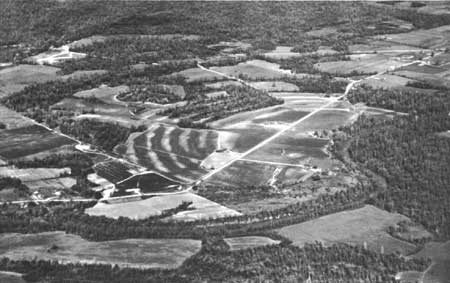Poverty Point National Monument, an early pre-Columbian indigenous earthworks near the Mississippi River in far northern Louisiana, has just been named a UNESCO World Heritage Site.
It’s the first place in Louisiana — and only the 22nd in the United States — to earn World Heritage Site status. There are 1,001 World Heritage sites around the globe.
“Welcome to the cradle of Louisiana civilization,” said Lt. Gov. Jay Dardenne, whose office nurtured the eight-year Poverty Point application process. “It all started here 3,400 years ago.
It wasn’t the first such site but is famous for its massive scale, and it likely inspired other subsequent earthworks projects by other native societies in what is now the American South.
The Poverty Point complex comprises five mounds, six concentric semi-elliptical ridges and a central plaza. It was created and used for residential and ceremonial purposes by a society of hunter fisher-gatherers between 3,700 and 3,100 B.C.
Its population’s achievement in earthen construction in North America wasn’t surpassed for at least 2,000 years.
It’s particularly impressive because it was built and enhanced over six centuries by a non-agrarian society — unlike Stonehenge or the Pyramids at Giza — which means they had to keep returning to the site to work on it for hundreds of years, no matter how the local food supply was doing.
The site is, unfortunately, currently at serious risk of erosion damage.
(You can get more info on the Poverty Point peoples at Wikipedia.)

A wide view of the Poverty Point site. (Credit: US Government via Wikimedia.)


